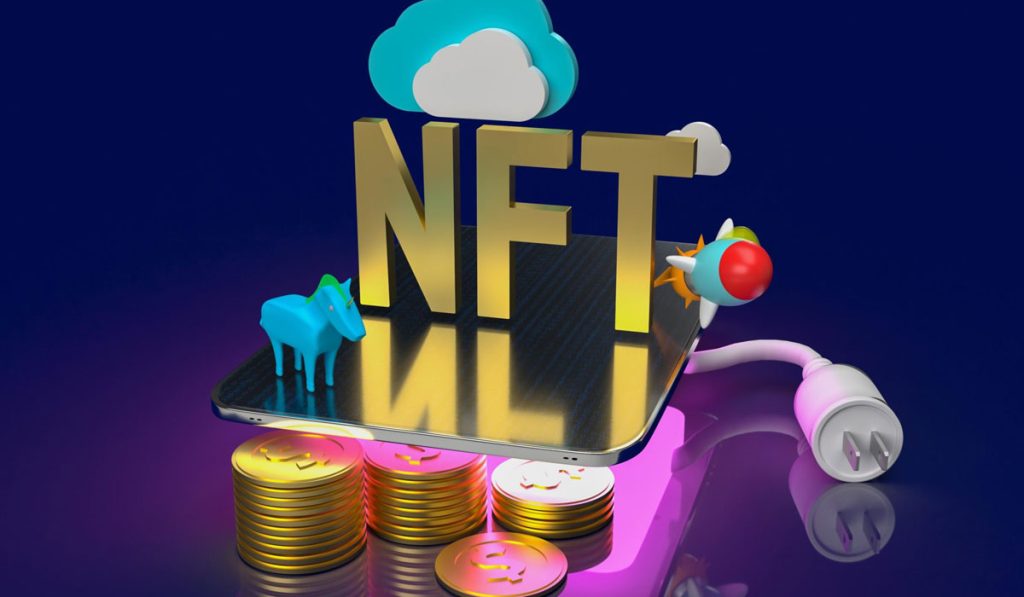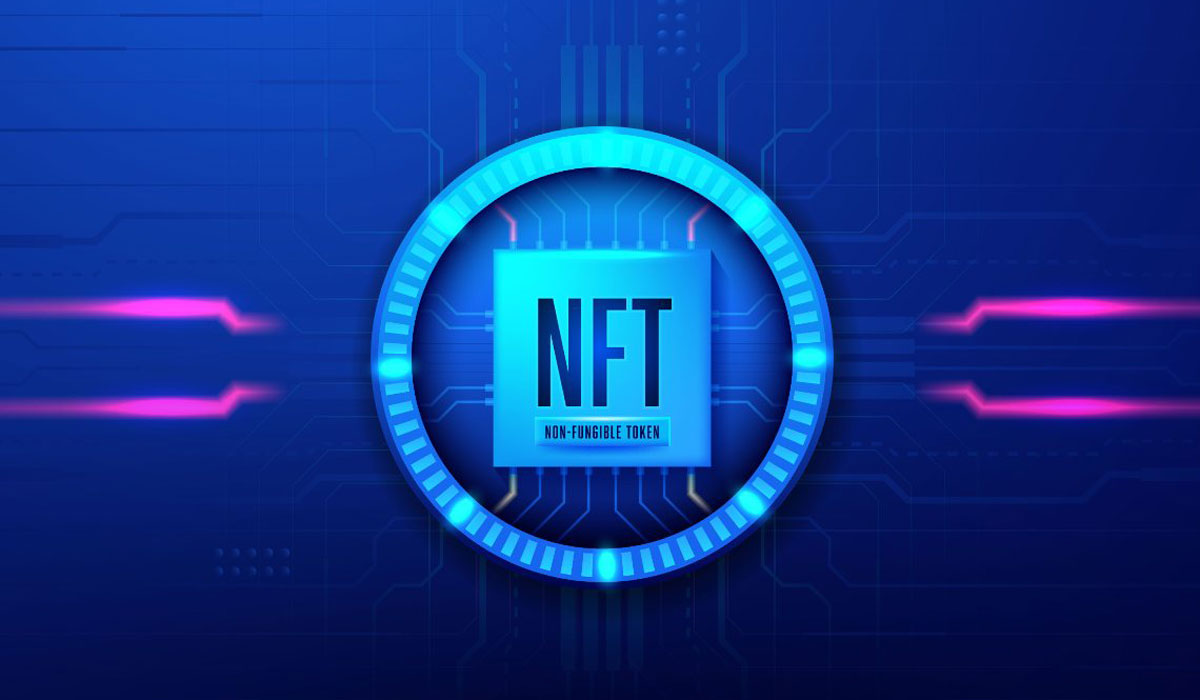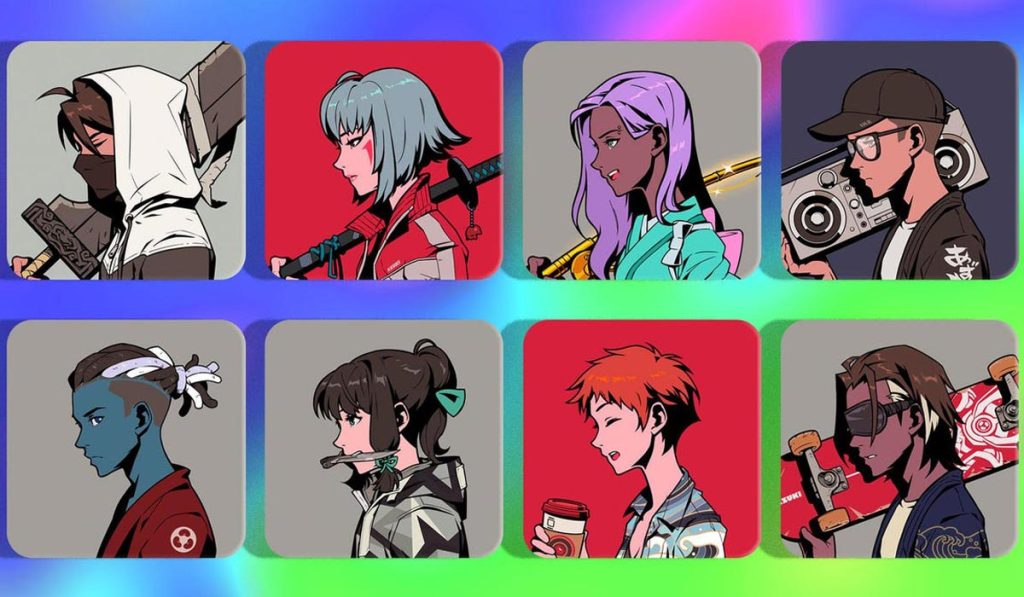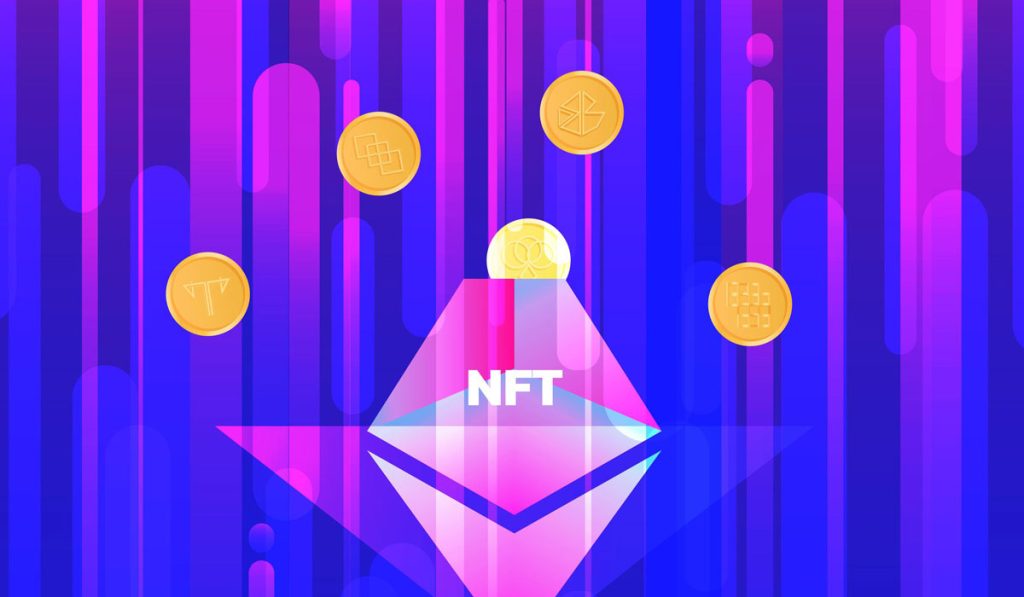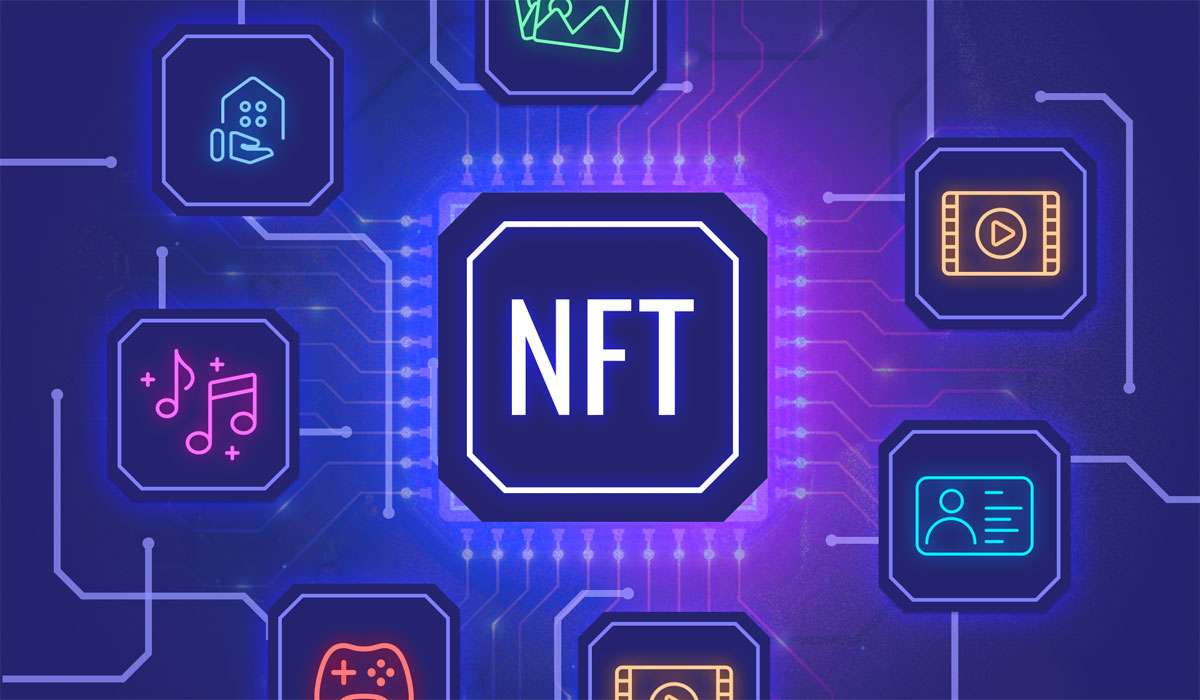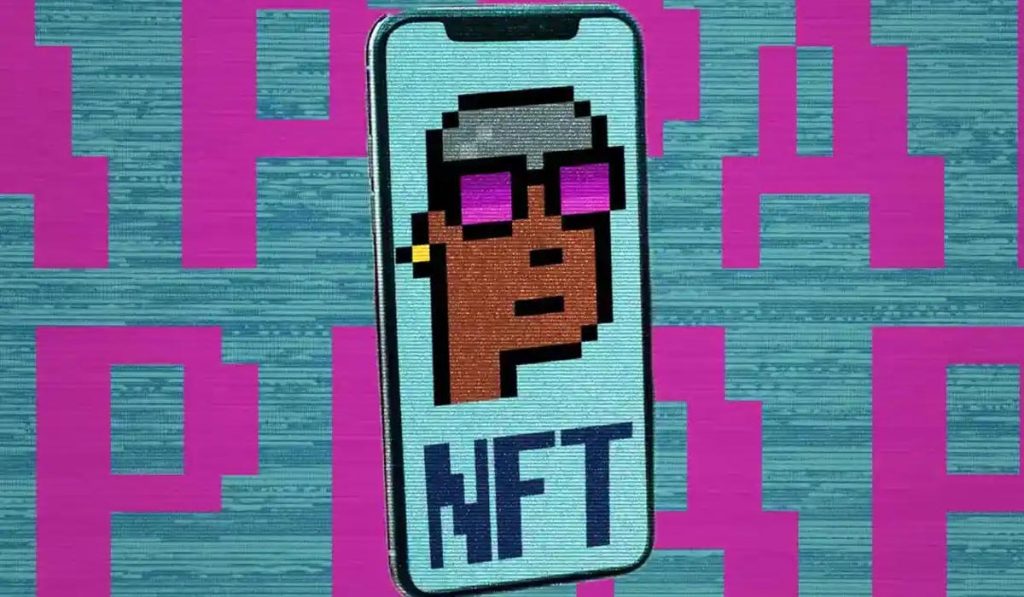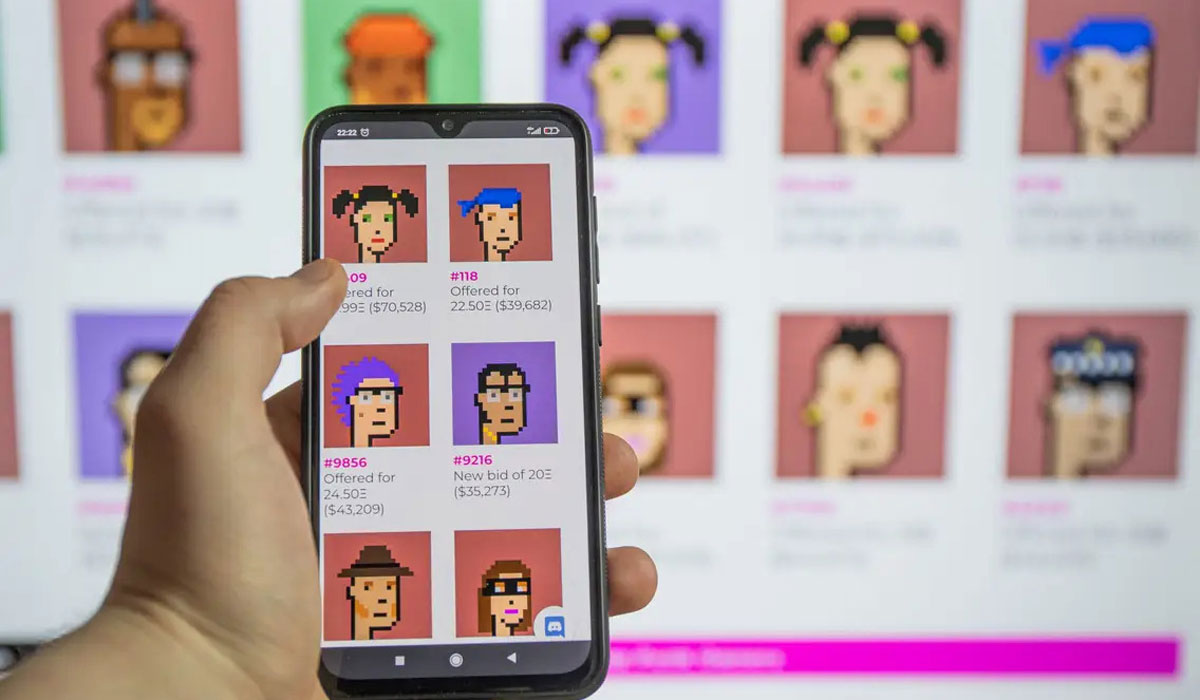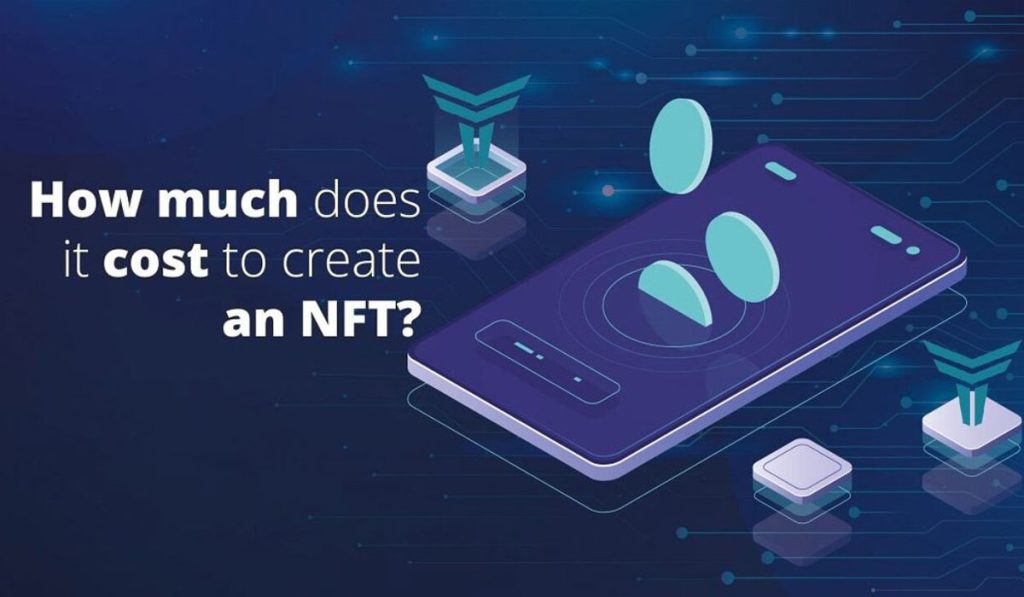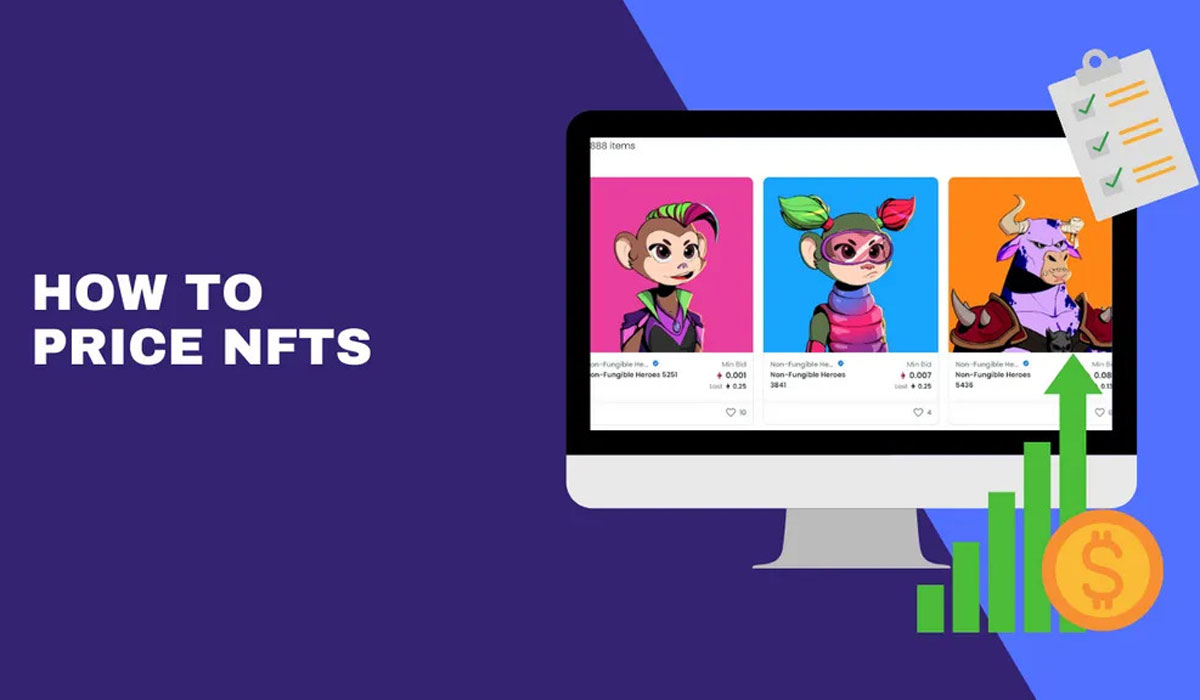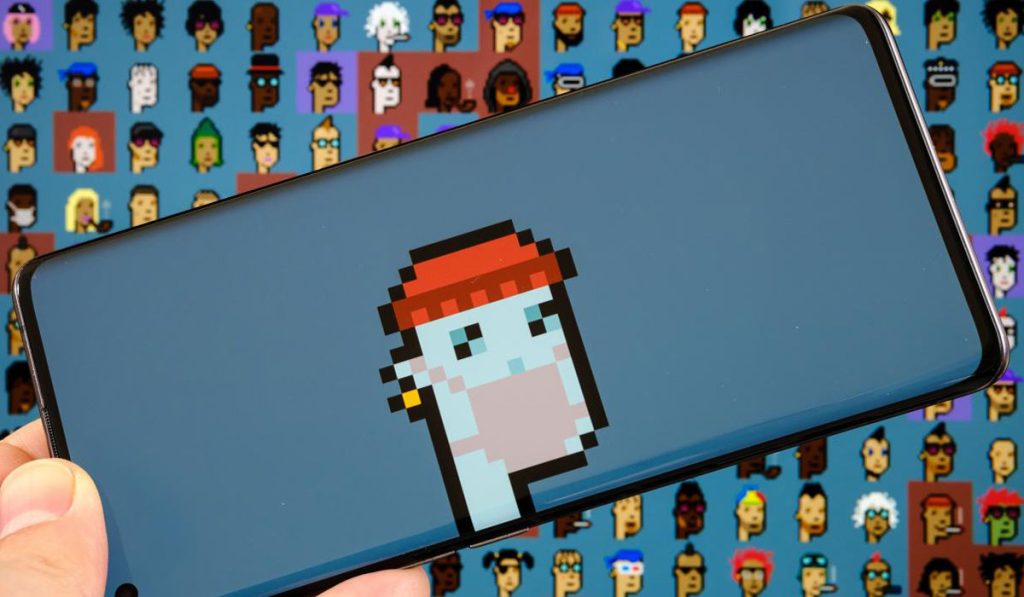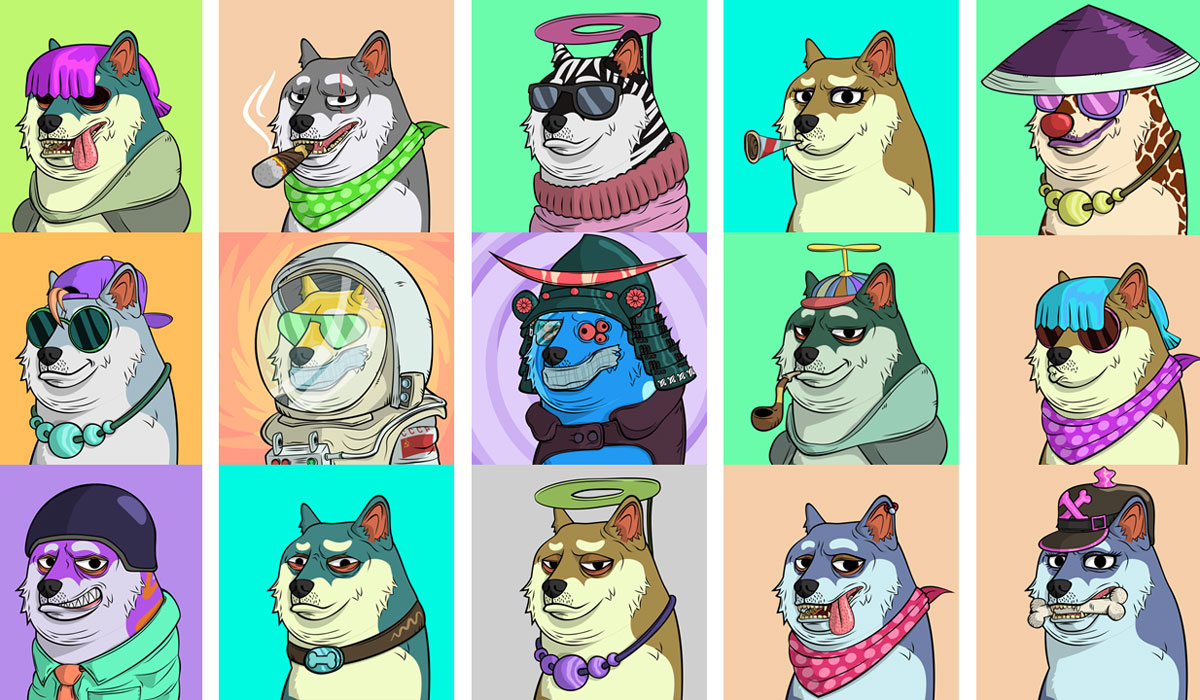The Best NFT blockchains
Do you know the right NFT blockchain for you? It may be strange; But anyone can choose a different blockchain to operate in the world of different tokens. Currently, more than ten blockchain networks support NFTs; But in which of these networks you can succeed, it depends on the type of activity and your goals.
In this article, after introducing you to the criteria of a suitable chain, we will examine six NFT blockchains in detail. Finally, we will guide you to choose the right blockchain network for you. So, if you are looking to choose between Ethereum, Polygon, Solana, etc. networks to start your activity, stay with us until the end of this article.
NFT blockchain selection criteria
There are different blockchain networks that you can use to convert your works into NFT. Definitely, choosing between one of these networks is one of the hardest possible tasks. To make this difficult task easier, we will continue to answer the question, what criteria should be considered to choose the best blockchain network?
The first criterion that you should pay attention to is the transaction cost. Transaction speed, network stability, markets that support this blockchain network, NFTs published on this network, the community of artists active in the network, network security and the size of the community active in the blockchain network are some of the other criteria you need to choose the NFT blockchain. Pay attention. In the following, we will examine these items for each of the NFT blockchain networks.
Is Ethereum blockchain NFT expensive?
Ethereum is not the first NFT blockchain network; But it has long been the most popular NFT blockchain. There are many reasons for this popularity, which we will discuss below. As a highly decentralized blockchain, Ethereum provides all the financial and legal services normally required for transactions, without the need for intermediaries. It also houses some of the most popular NFT markets like OpenSea and Blur, famous NFT projects like CryptoPunks and Bored Ape Yacht Club, and famous NFT artists like Pak and Beeple.
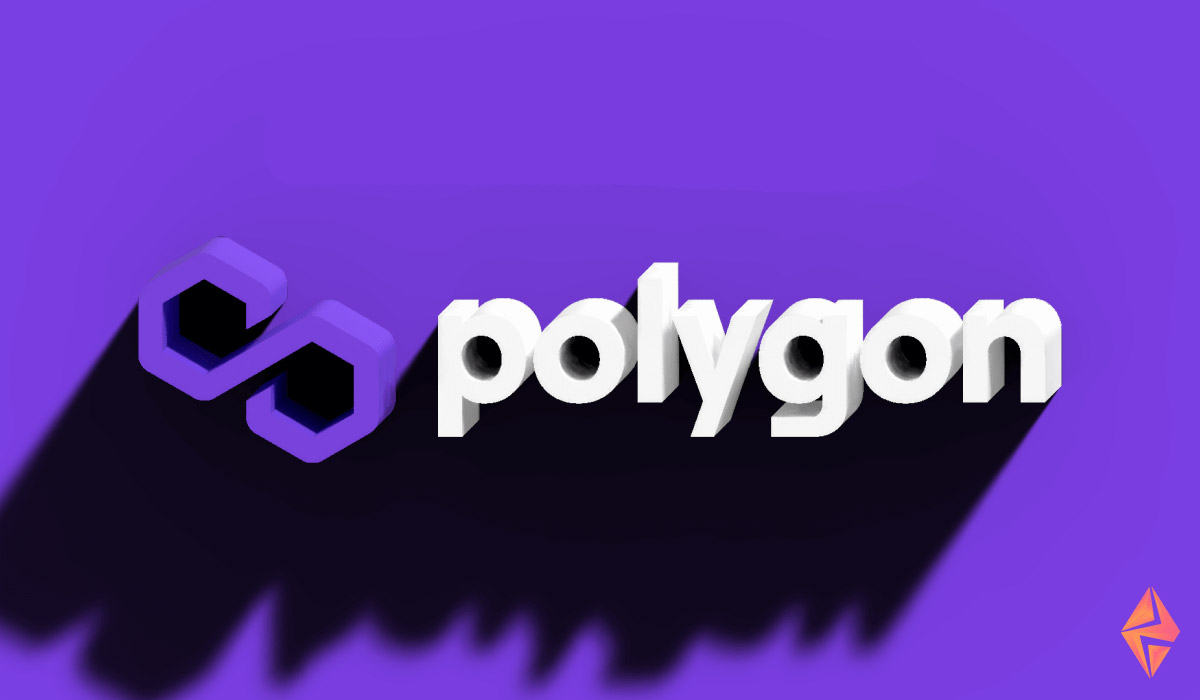
Is the Polygon NFT blockchain network right for you?
Another popular NFT blockchain to operate in the non-equivalent token world is Polygon. Polygon is considered a second layer blockchain of Ethereum, which according to statistics is the best among other second layer blockchains. Popular NFT markets such as OpenSea and Rarible have added this blockchain to their market. The addition of Polygan to these markets and the cooperation of the Polygan team with famous brands has made this blockchain a very good choice for Airdrops. Airdrops are NFTs that you may want to send as gifts to a number of people in return for doing a specific task.
The transaction fee in the Polygon network is a very small amount. The blockchain also uses the “Lazy Mint” process to ensure that there is no cost to create NFTs.
Is Solana the popular NFT blockchain?
Solana is also one of the popular blockchains in the world of NFTs. This blockchain was founded in 2017 by (Anatoly Yakovenko) to solve the problem of high fees and low transaction speed common in blockchains such as Ethereum and Bitcoin.
When Solana arrived on the scene, it had very limited processing capabilities and could only handle about 15 transactions per second (TPS). Solana is now firmly established as an industry leader in terms of speed and scalability. The transaction fees of this blockchain are also very low, making this network increasingly popular. So that it is currently one of the fastest growing ecosystems in the crypto field.
Is Tezos blockchain the right NFT to start?
(Tezos), founded in 2017 by Kathleen and Arthur Breitman, is an open source network for assets and applications. Tezos, like other blockchains, enables the creation of smart contracts and the creation of decentralized applications (dApps). The main token of Tezos is XTZ. While the chain is a popular NFT, its token is ranked 45th by market cap at the time of writing.
One of the things that makes the Tezos blockchain unique is its ability to self-correct. This means it can improve itself over time through a formal protocol upgrade process. In addition, Tezos has focused a lot on increasing the number of dApps on this network. Together, these factors have led Tezos to be a leader in these fields.
Like Solana, Tezos uses a PoS consensus mechanism to help reduce the computational work required to verify blocks and transactions on the blockchain. In addition, its transaction fees are lower than Ethereum and higher than Solana.
Flow, the NFT blockchain for sports items
(Flow) is a high-performance blockchain specifically designed for the creation of NFTs, games and decentralized applications (dApps). In stark contrast to general-purpose blockchains like Ethereum, this chain is built to be highly scalable. This means that with the help of this chain, billions of people can potentially interact with NFTs on the blockchain.
Launched in 2019, Flow has quickly become popular as the NBA’s token partner. Flow hosts NBA Top Shot, making blockchain an integral component in the popularization of non-gaming tokens.
Vax, the NFT blockchain hosting web3 games
(Worldwide Asset Exchange (WAX)), which has gained popularity as a host for Web3 games, was founded in 2017 by William Quigley and Jonathan Yantis. Vox gives its users access to thousands of decentralized applications (dApps) and a wide range of NFT markets. Vax is also home to several top blockchain games, including Alien Worlds, Farmer’s World, and Prospectors.
Similar to other high-performance blockchains, Vax uses a PoS mechanism. Like Flow, transaction fees are significantly lower and network fees collected on the chain are redistributed to its active community.
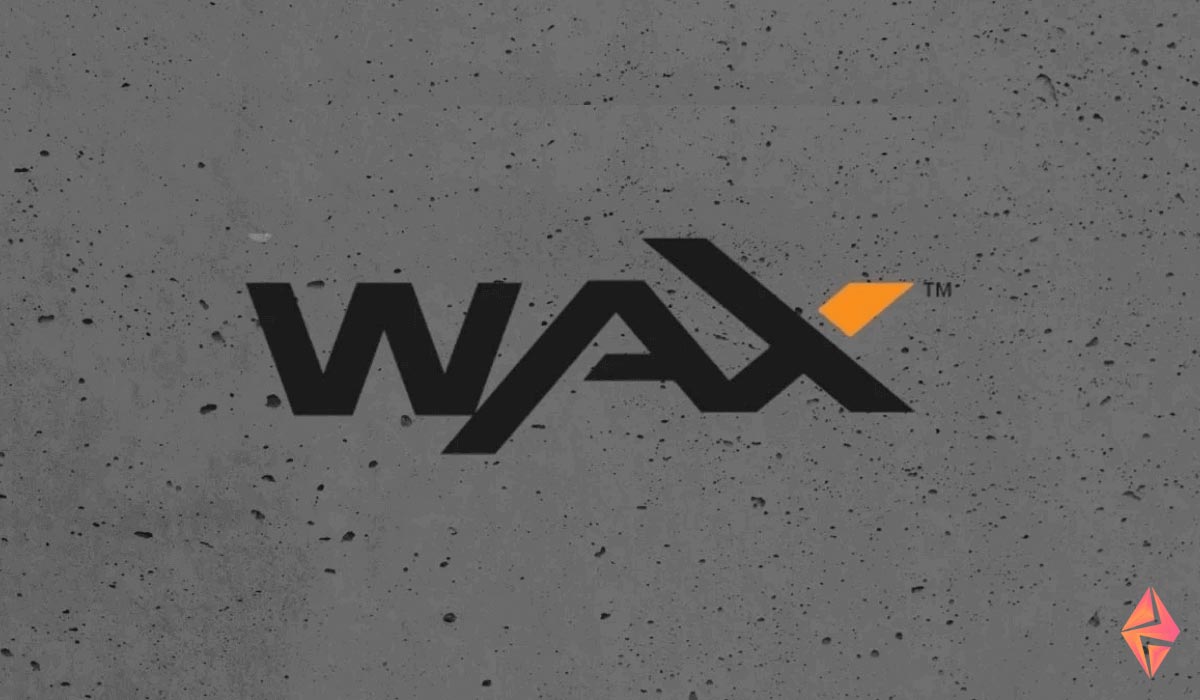
Which NFT blockchain is best for the activity?
The answer to the question of which NFT blockchain can be different depending on each person and their goals. For example, if you are a well-known person in the world of exotic tokens and can afford to pay high fees, the Ethereum network is the best network to host your NFTs. If you’re just starting out in the world of NFTs or can’t afford the high fees, the Polygon, Solana, or Tezos chains could be suitable depending on your NFT type. If your NFT is in the field of sports, Flow chain is the right choice and if you have gaming NFT, the Vax chain is the right choice for you.
Final word
Now that you are familiar with NFT blockchain networks, you should choose a chain depending on your goals. In the next step, you should choose a market that supports your chosen blockchain. For example, the Blur market only supports the Ethereum blockchain. After choosing the right market, you can buy and sell NFT and earn money from this field. If you are willing to pay very low fees and your blockchain of choice is Polygon, we recommend the RamziNFT marketplace that supports this chain. So, create an account on the RamziNFT platform right now and start buying and selling NFT.
This article does not contain economic advice or suggestion of RamziNFT. There is a risk of losing capital in every investment, and the investor must take the final decision after studying and researching and take responsibility for its consequences.
Related topics
NFT Collection – Types of NFT – cost of making nft – what is nft?

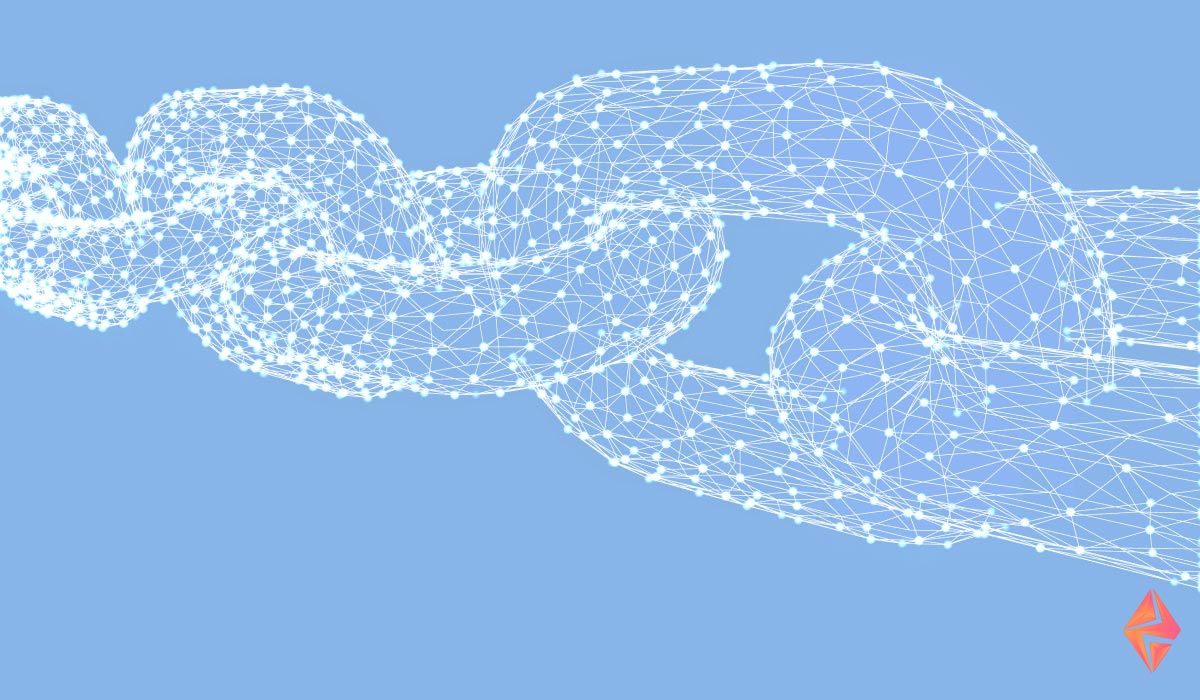

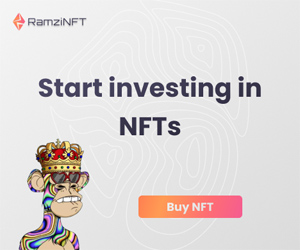

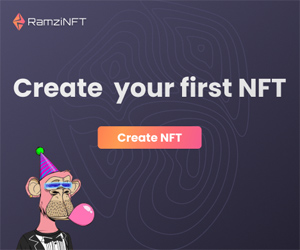
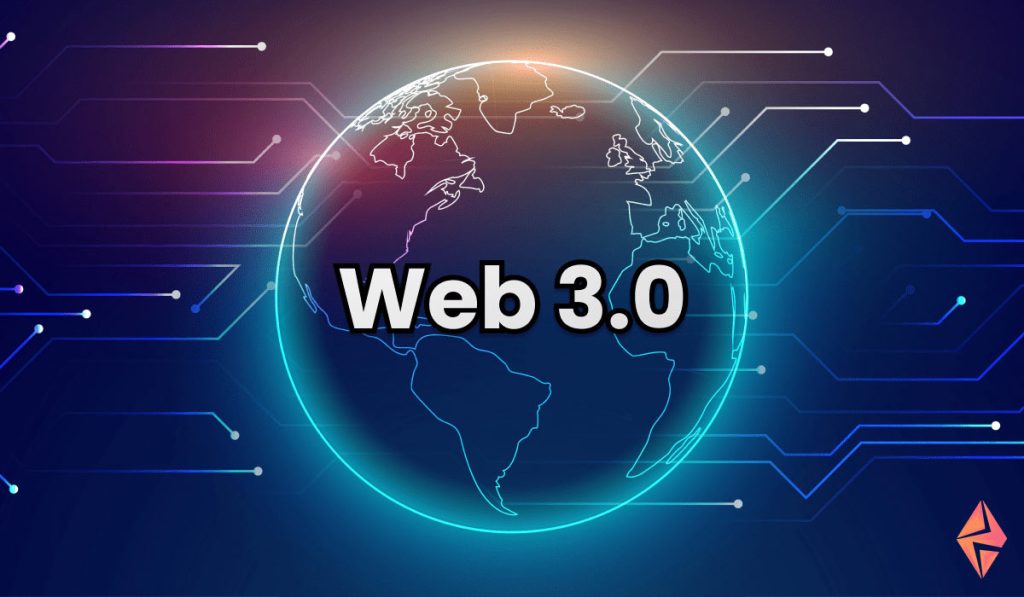
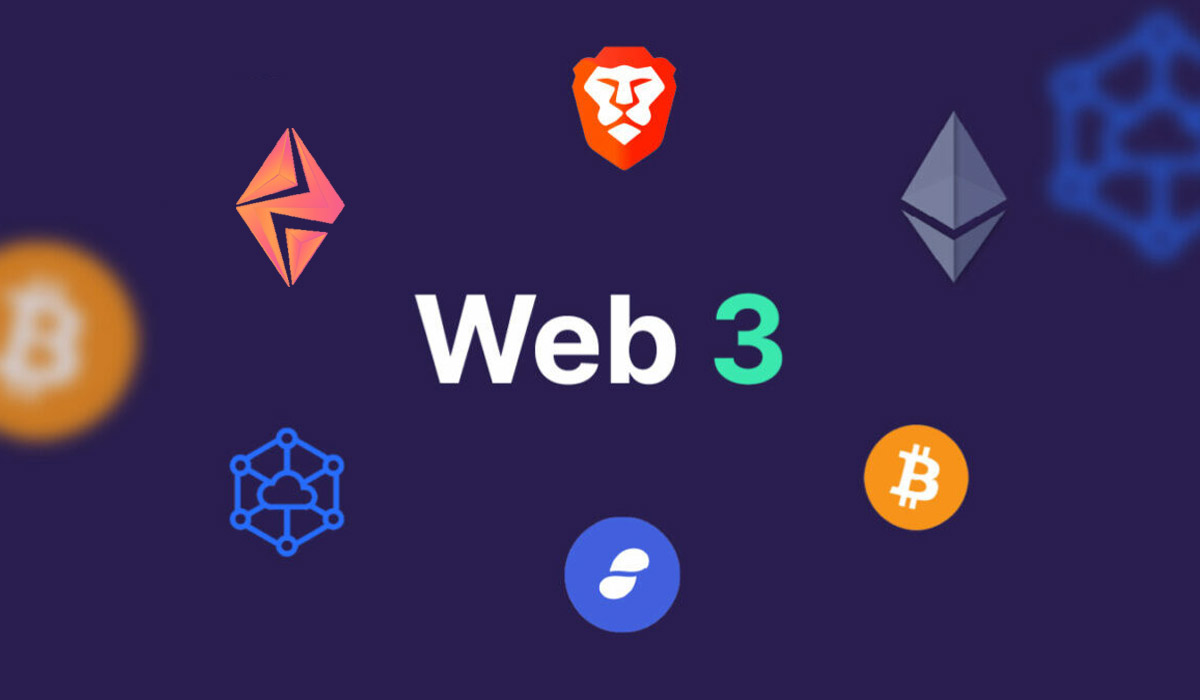
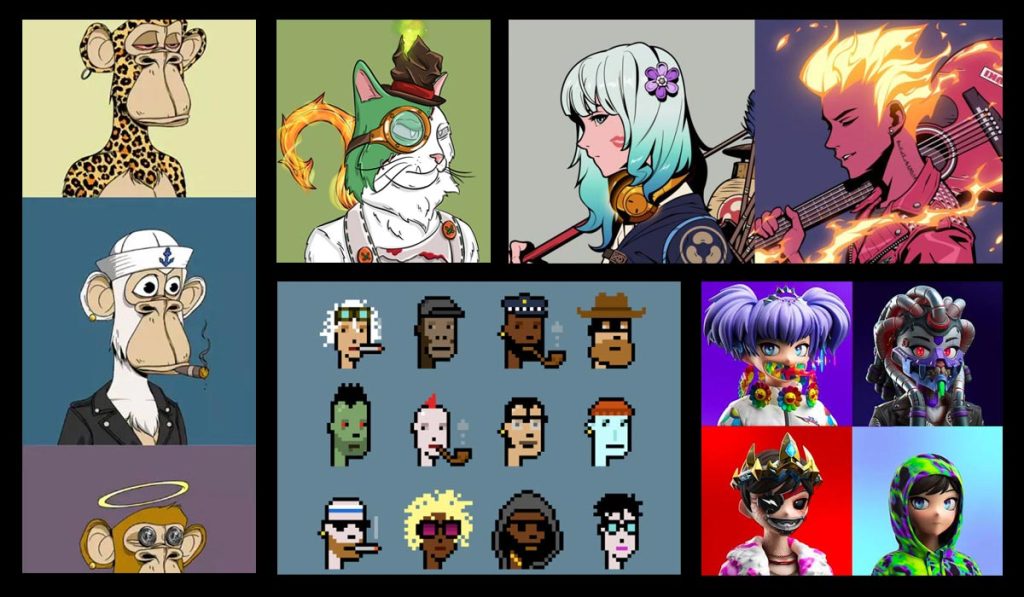
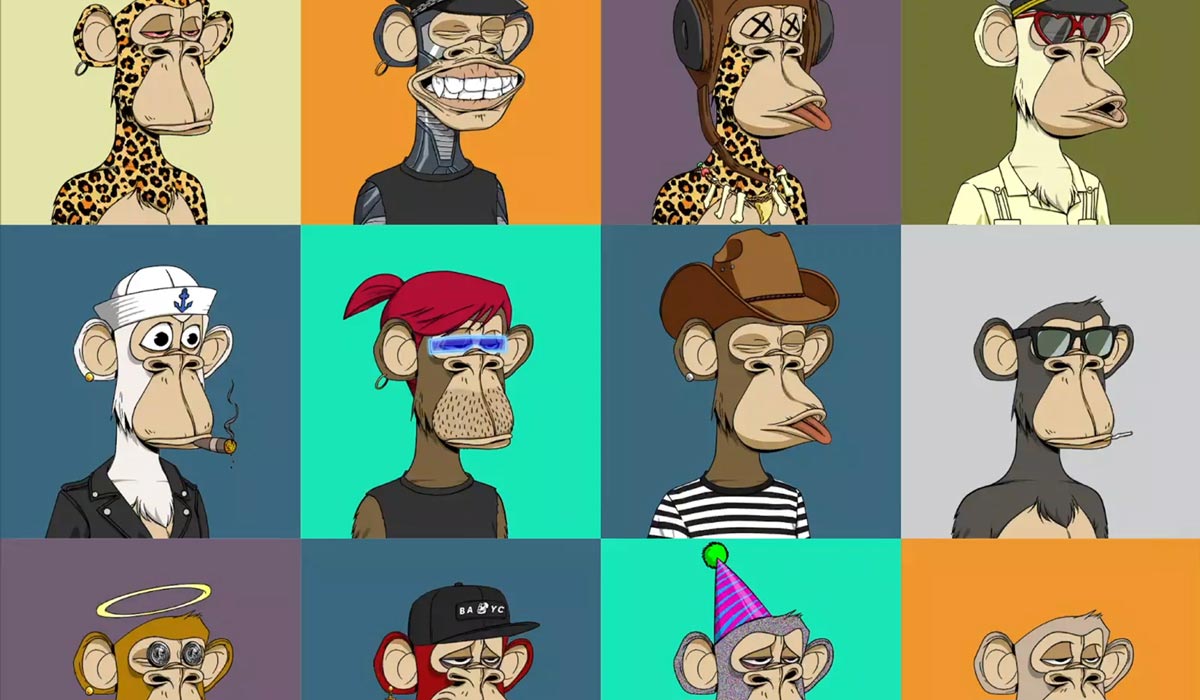
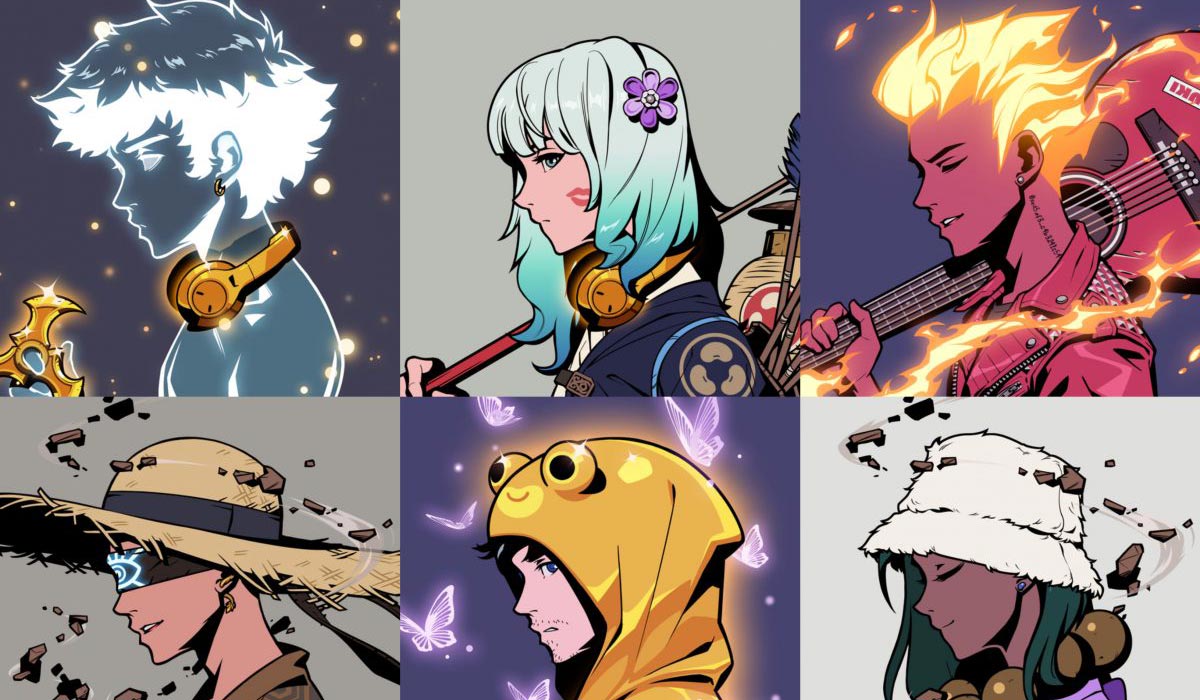
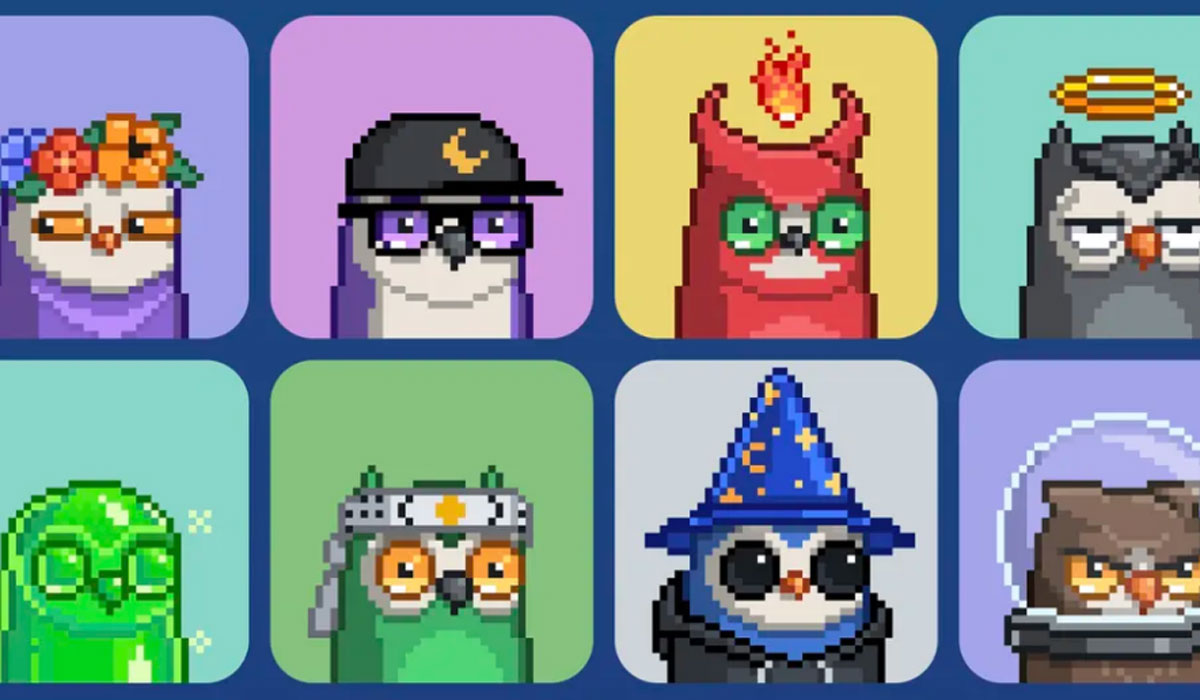
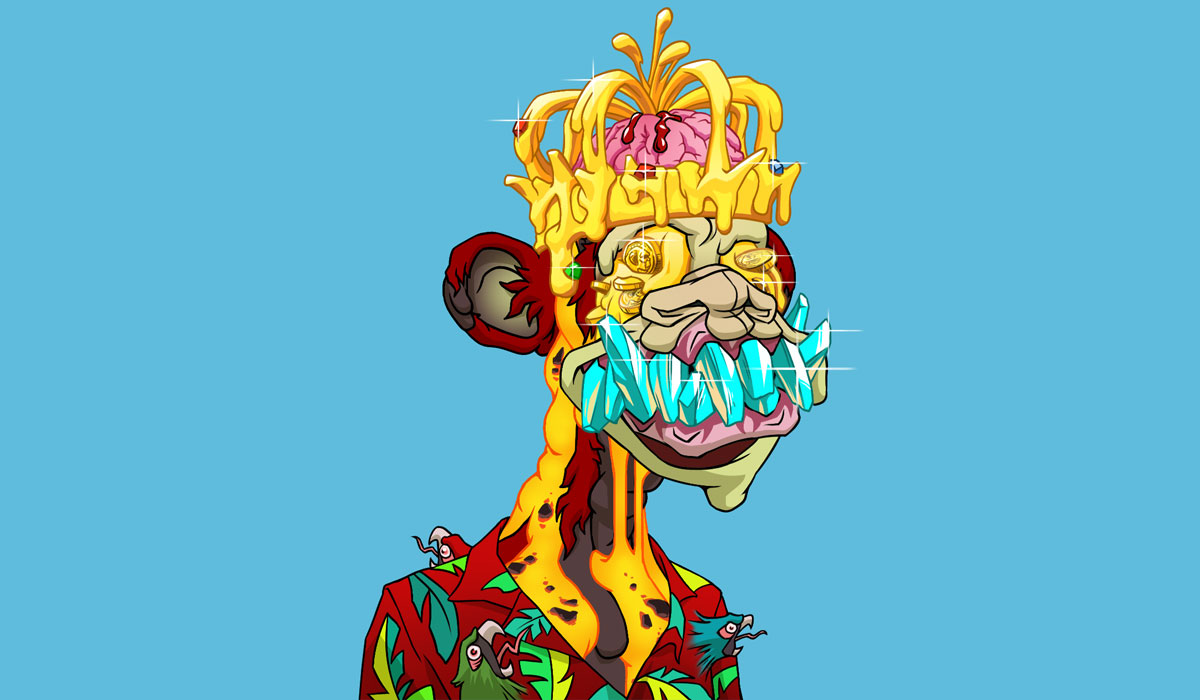
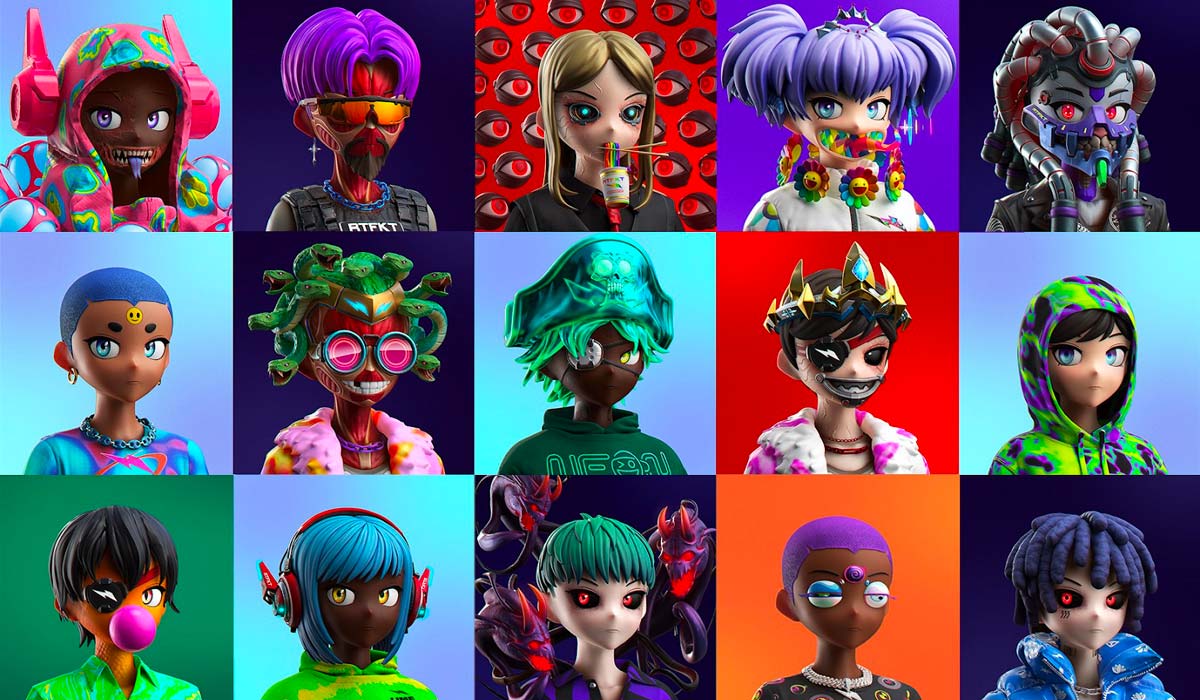
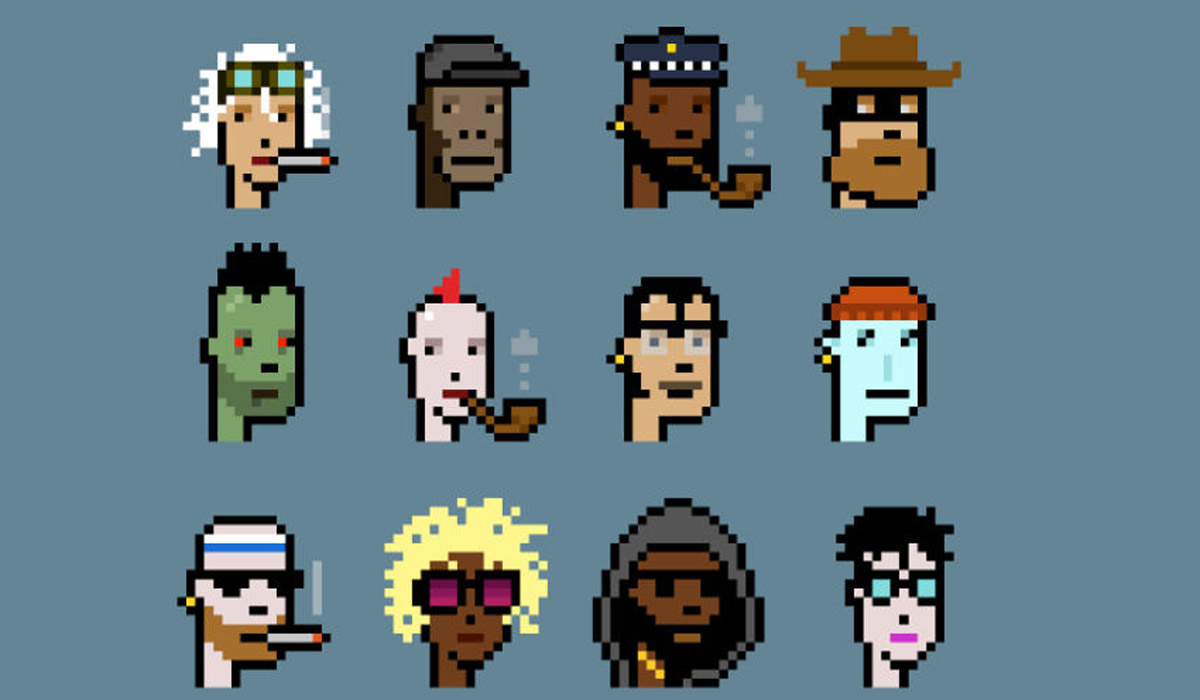








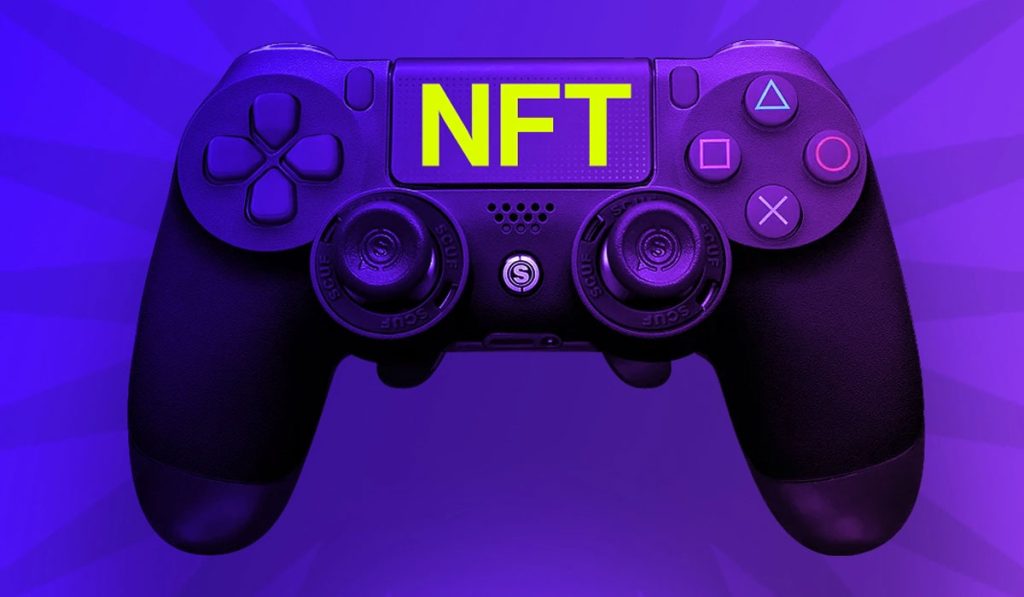
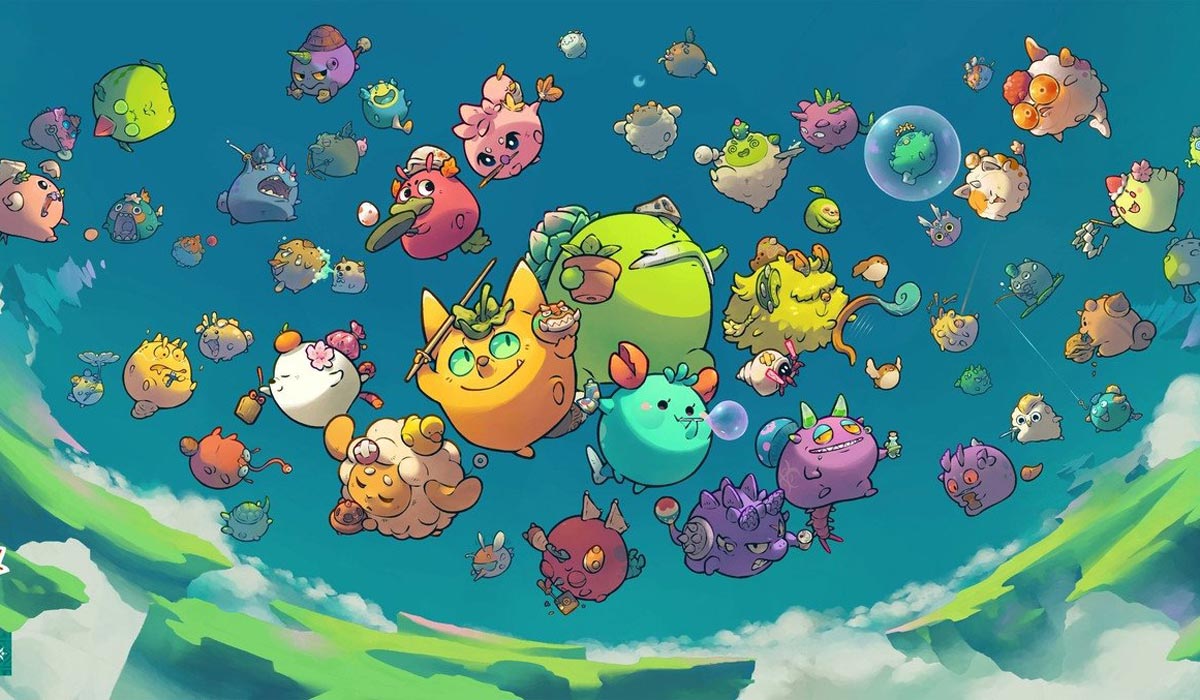
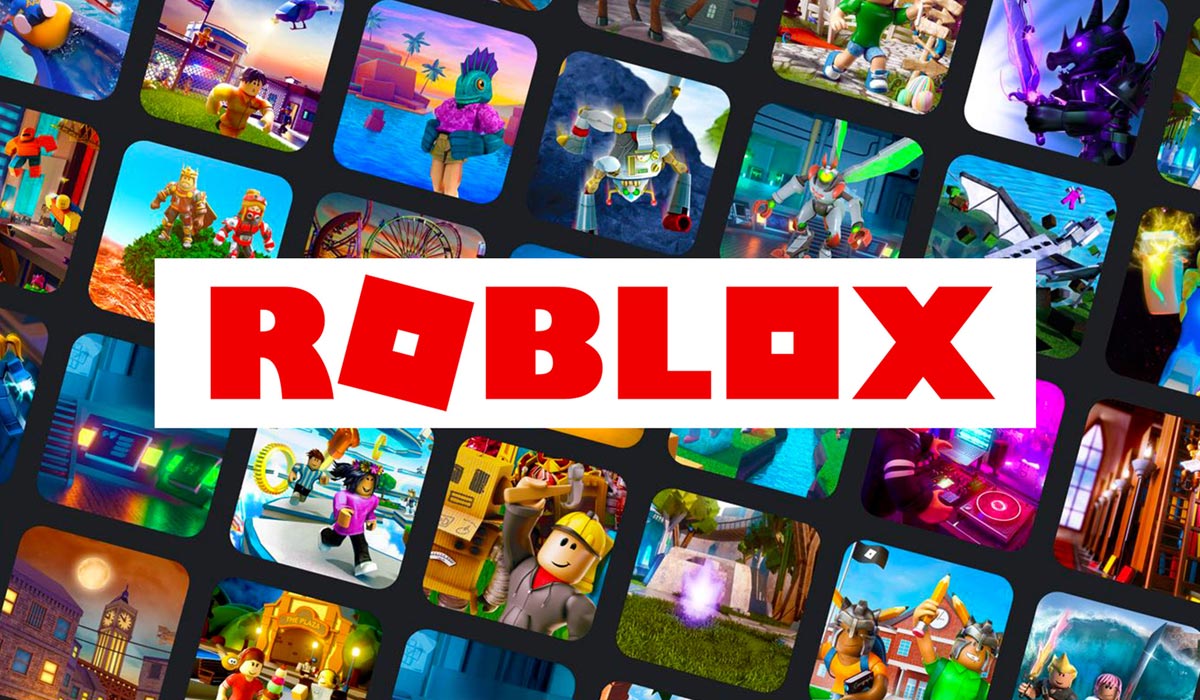
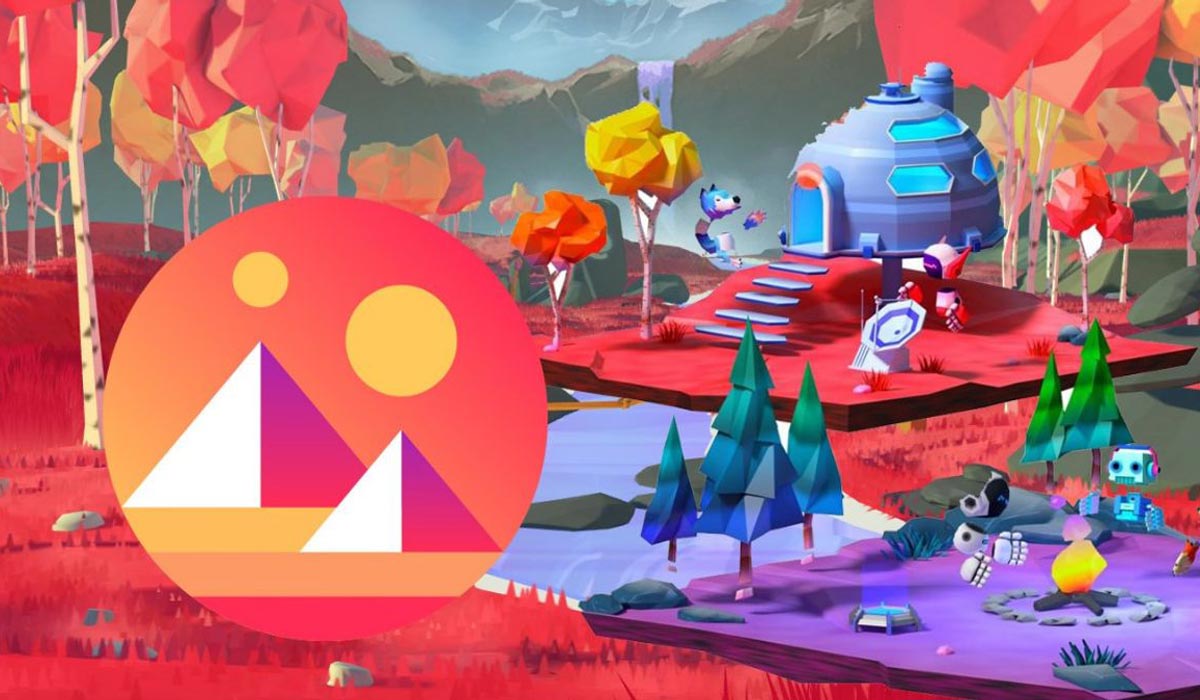
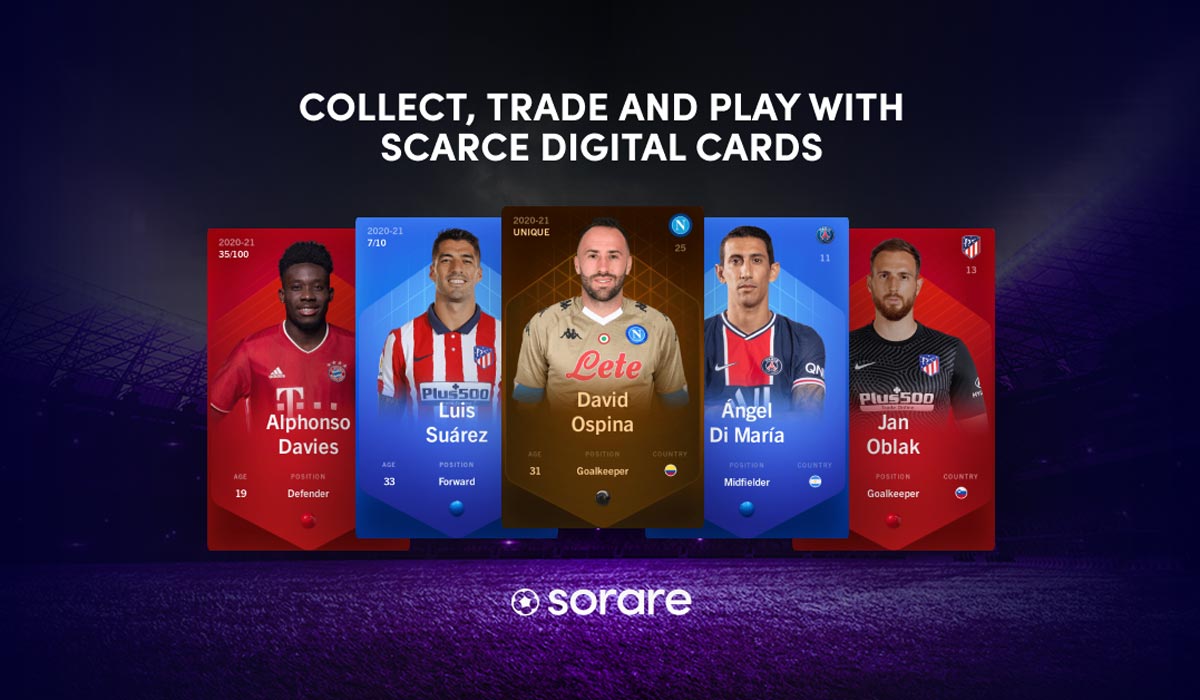
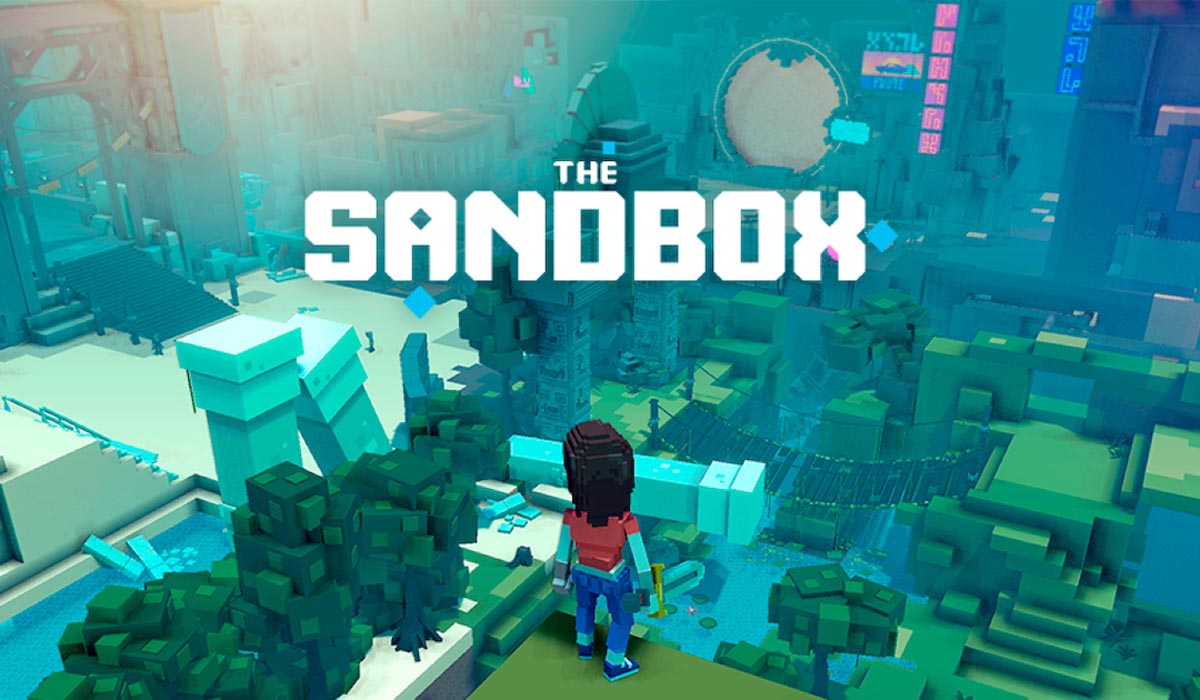
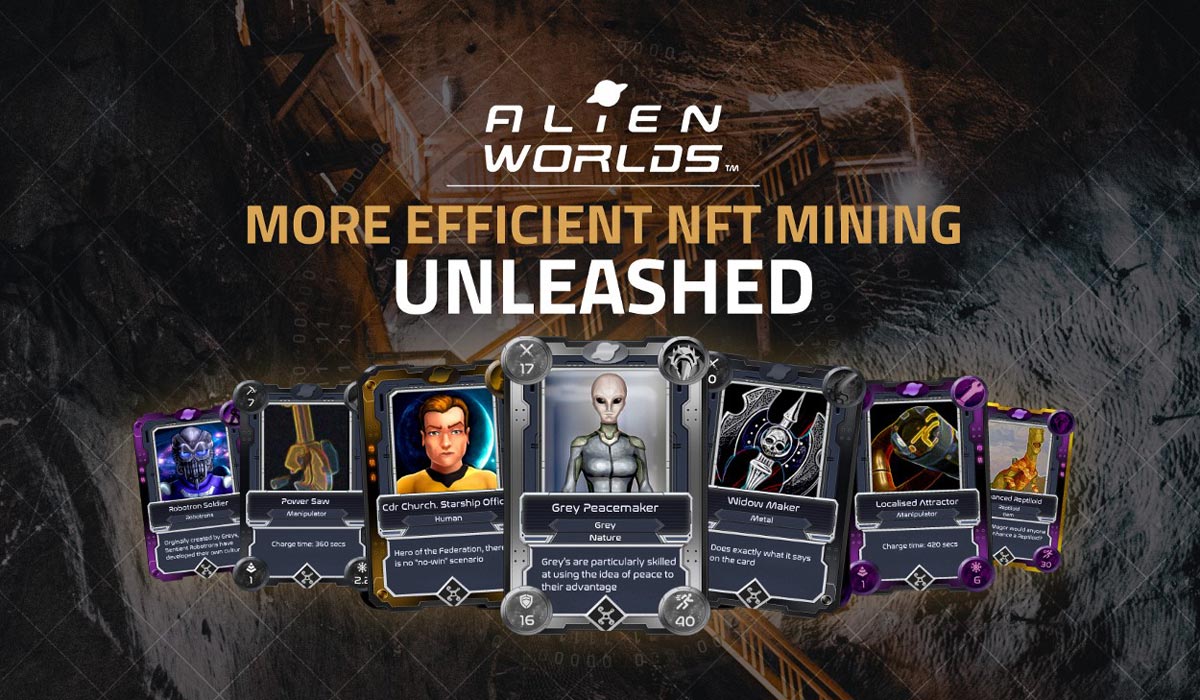
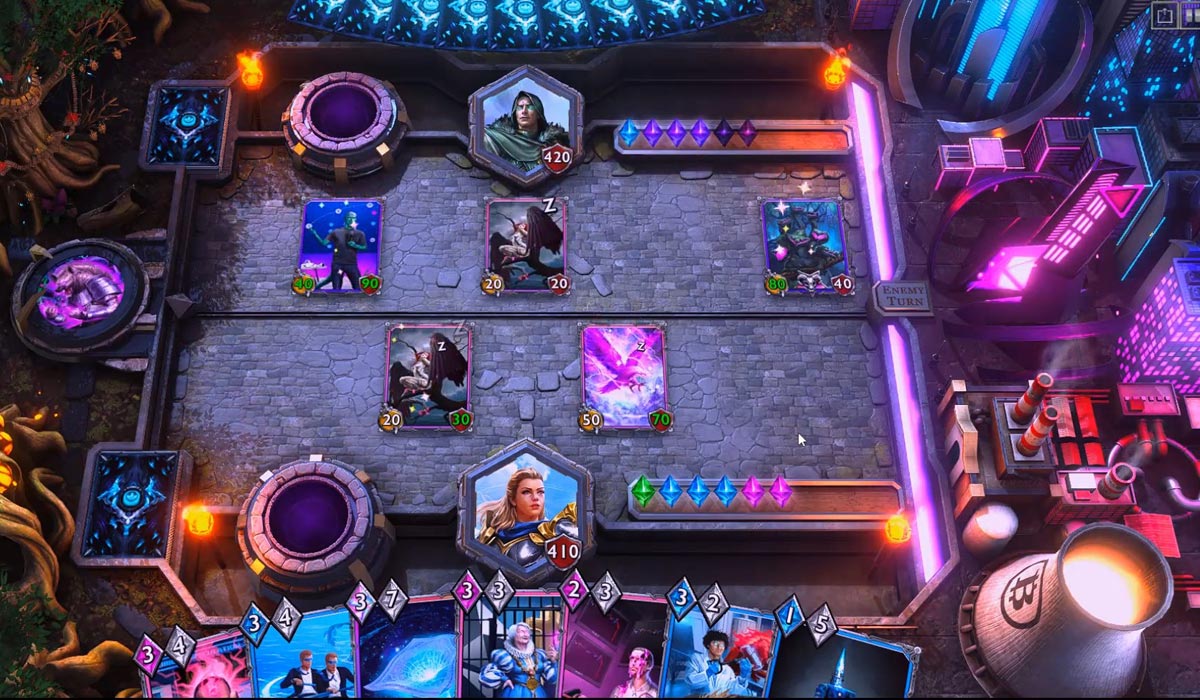
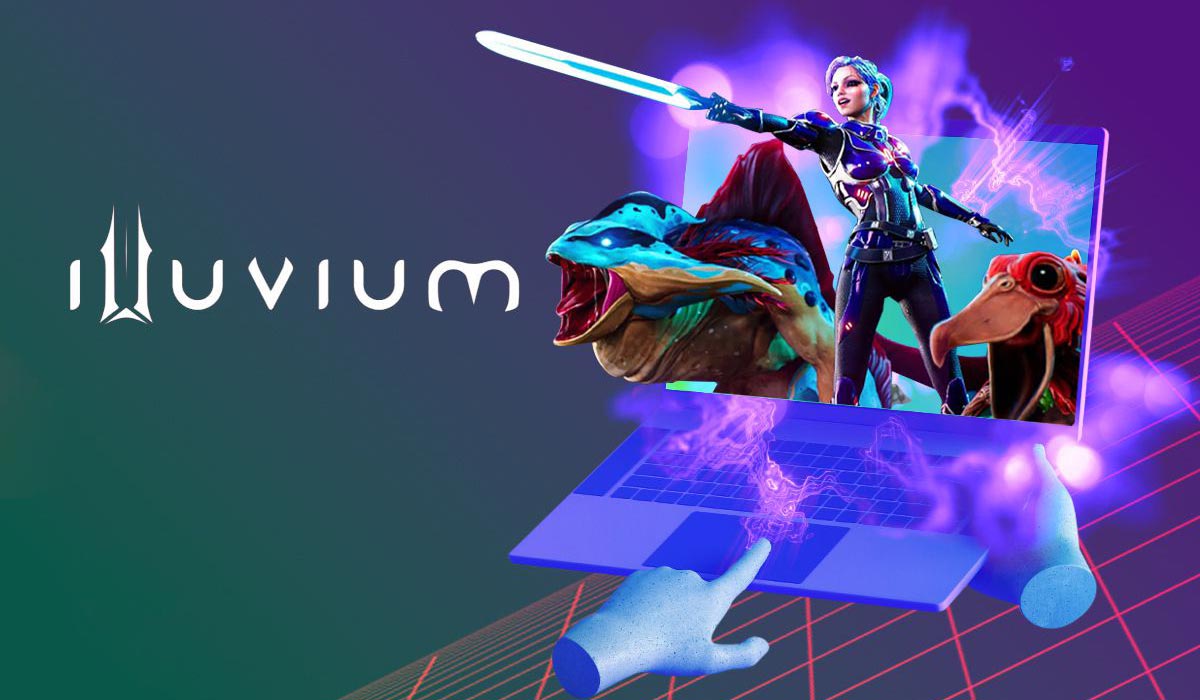
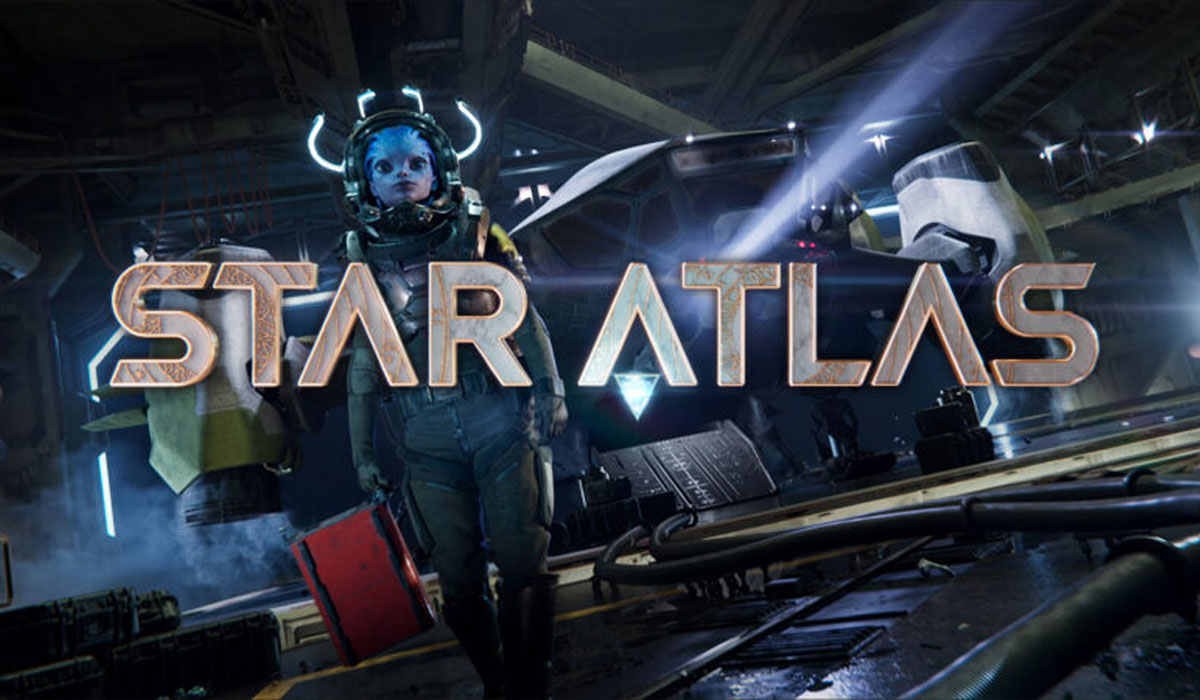
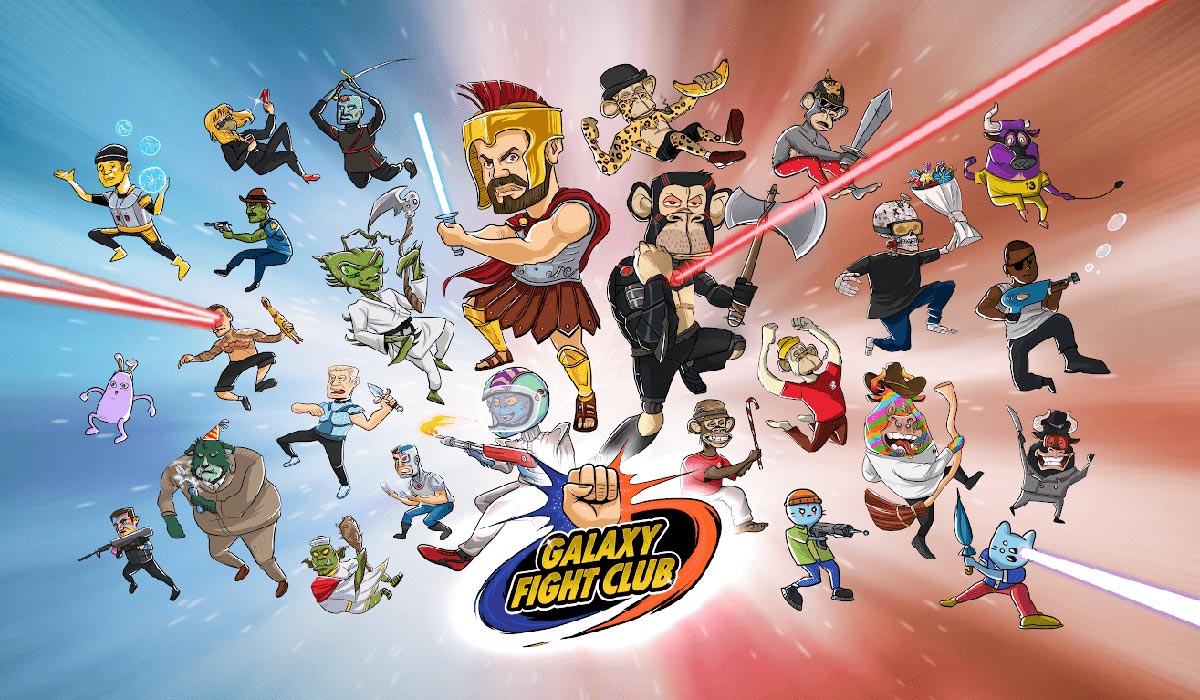
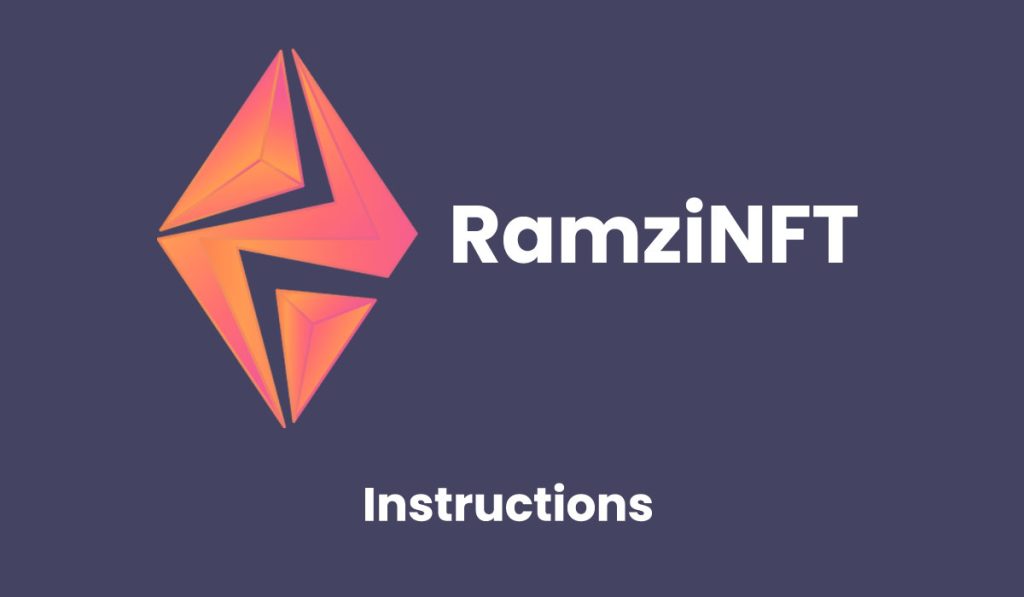

 to go through the purchase process. Naturally, you should have the cost of buying the token in your wallet according to the same token that is put up for sale.
to go through the purchase process. Naturally, you should have the cost of buying the token in your wallet according to the same token that is put up for sale. , you will enter the NFT creation page.
, you will enter the NFT creation page.

